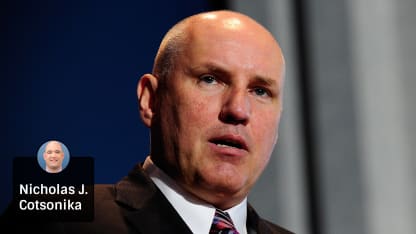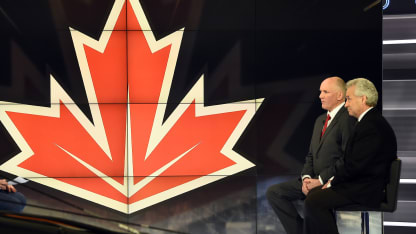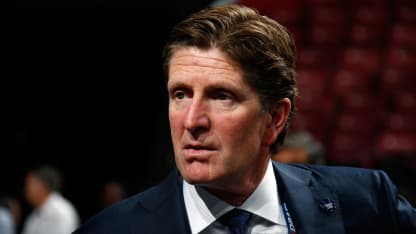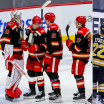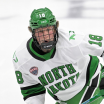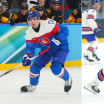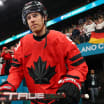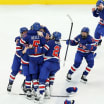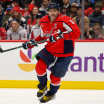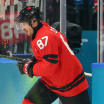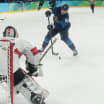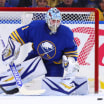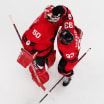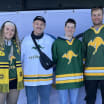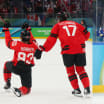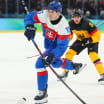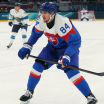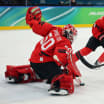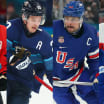"It's going to be a high-tempo tournament, and we're going to play at a high tempo," Armstrong said. "I would imagine the practices are going to be like midseason NHL practices -- 40, 45 minutes, but high tempo right out of the gate."
Team Canada's second exhibition will be 24 hours after their first, against Team USA, again back in Ottawa. The Canadians will have three days to rest and practice before their final exhibition Sept. 14 against Team Russia in Pittsburgh.
Remember: With 23 players on the roster, three players won't dress each night, and the exhibitions will be important when the coaches determine line combinations and defense pairings, and the players at the bottom of the roster compete for lineup spots. This will not be a typical September, especially for players of this caliber.
"No one in the NHL would play their really good players back to back; we start exhibition back to back against the U.S.," Babcock said. "So it's so important that you've done your work in advance, obviously to give yourself the best chance in the tournament but probably as importantly to give yourself the best chance of not being injured.
"We've addressed it with them. Guys are proud and smart. They know how to play. They know the best players are going to play, and you can't play if you're injured. So your preparation phase is huge for you."
Team Canada will have two more days after that before the opener. Two more days, and then back-to-back games again: Sept. 20 against Team USA and Sept. 21 against Team Europe. No time to waste, not in September, not in August either.
"We've got to be ready for that Game 1 versus the Czechs," Armstrong said, "and I think the guys understand that."
